
For many people living with a disability, the coronavirus outbreak has lead to almost an entire year of self-isolation! Everyone has family and friends they desperately miss, public places they wish to visit and routine health services they long to access again.
Meaning it’s understandable if you are struggling to see the positives, and perhaps feel overwhelmed by the unknown territory of this new year. The experience is more of a marathon than a sprint, meaning you must take care of your mind. So check out our top five tips for managing your mental health during isolation!
It can be hard to escape the never-ending conveyable of devastating updates, avoid unreliable sources that leak misleading information, and understand breaking news regarding the government guidelines. So try solely focusing on official sources for a limited time, using platforms such as the NHS, GOV.co.uk or the World Health Organization. A quick 15 minute catch up every morning and evening is more than enough for most people. It also may be beneficial to unfollow accounts on social media that share fake, negative or controversial content; because if it’s out of sight, it’s out of mind!
Many people living with disabilities require a structured routine to ensure their round the clock needs are met. Some people may never have the ability to alter their plans without prior preparation, whereas others might opt to base the structure of that particular day around their symptoms. Unfortunately, too many people are suffering as a result of the virus impacting care packages, treatment plans and outpatient services. So it may be beneficial to double-check you have eaten a meal, organised essential deliveries, or taken any relevant medications. You could try asking yourself these questions sporadically throughout the day, or dedicating a couple of minutes every evening to go over your checklist. No task is too small or pointless to include, especially when you already so much to physically and mentally contend with.
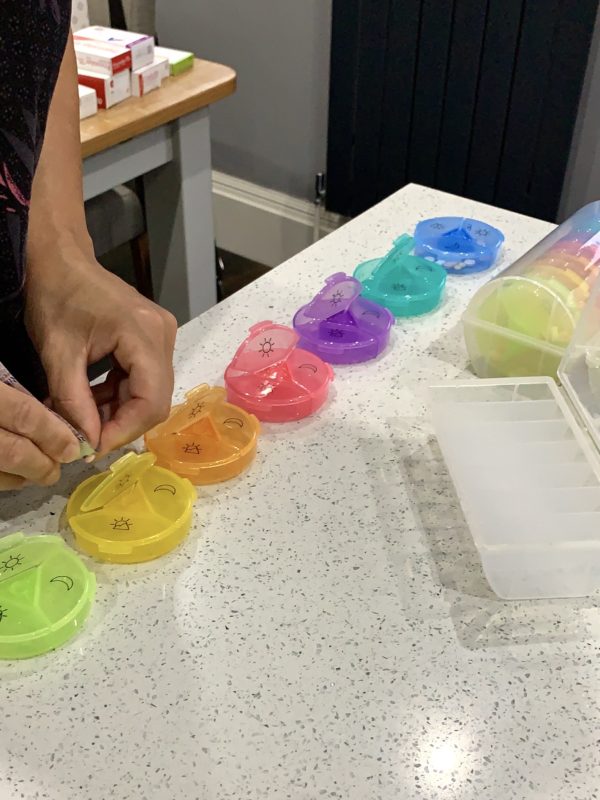
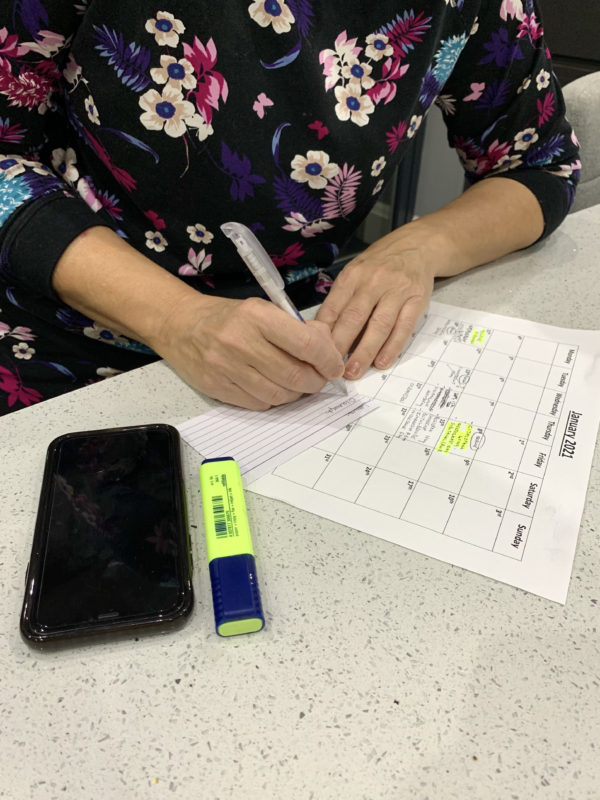
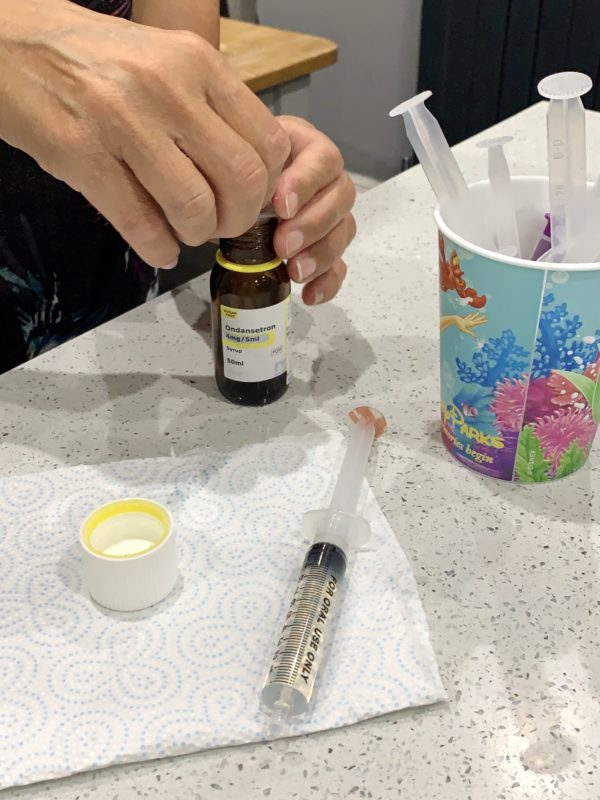
Whilst it’s important to try and stay motivated, organised and upbeat during this time, it is only natural to feel like you occasionally need a break from life. Whether you are isolating alone or alongside others, getting out for daily exercise or spending every moment within the same four walls - it is not going to be easy. So try giving your mind and body a break when you begin to struggle because resting is equally important when it comes to establishing a well-balanced lifestyle. How you choose to spend this time is completely up to you; some may need to take a quick nap, whereas others might feel better after spending a few hours doing something they enjoy.
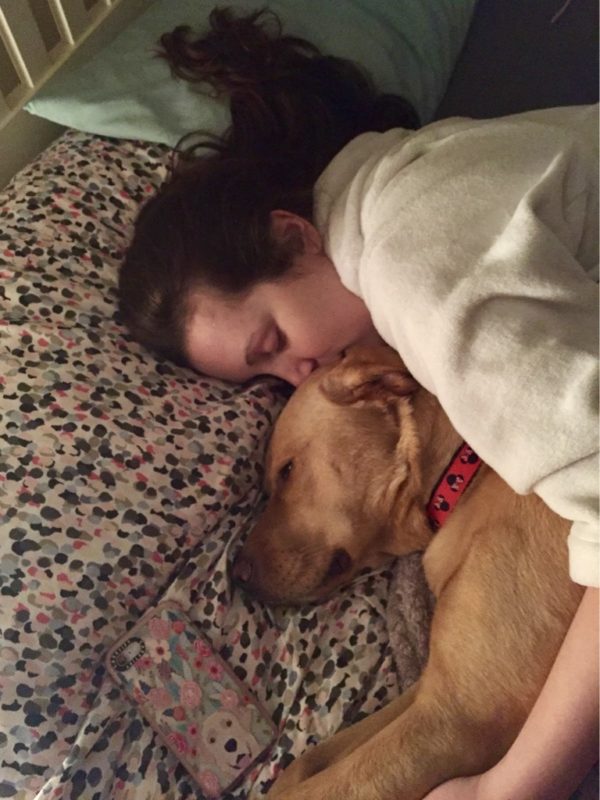
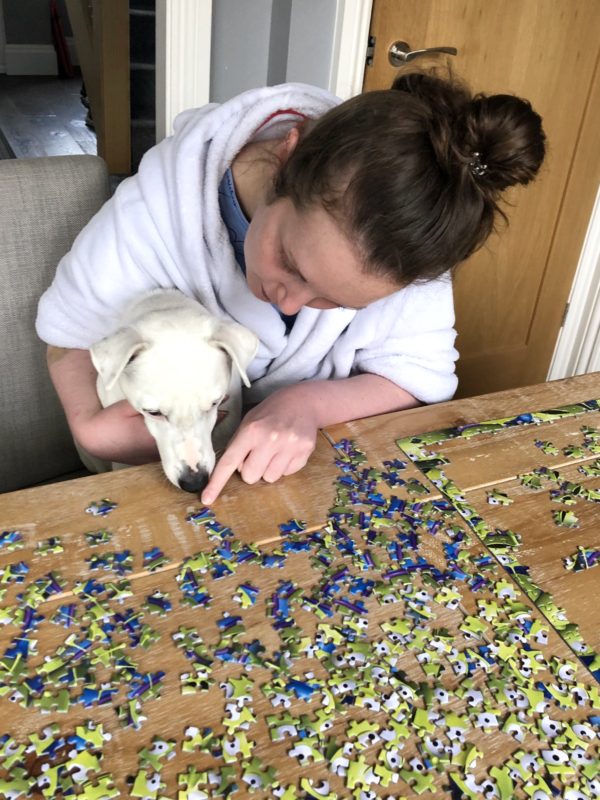
It has never been easier to stay in touch with family and friends using platforms such as WhatsApp, Facebook and Zoom. Even though we would prefer to see them in person, it’s a good way to pass the time and maintain connections. Although it can be difficult to find exciting topics of conversation when everyone is restricted to spending time at home. So try simultaneously enjoying an activity such as watching a movie, playing games, following a baking tutorial, or discussing your thoughts on the latest Netflix box set. You could even arrange to enjoy such conversations at a particular time each week, so it provides both households with something to look forward too!
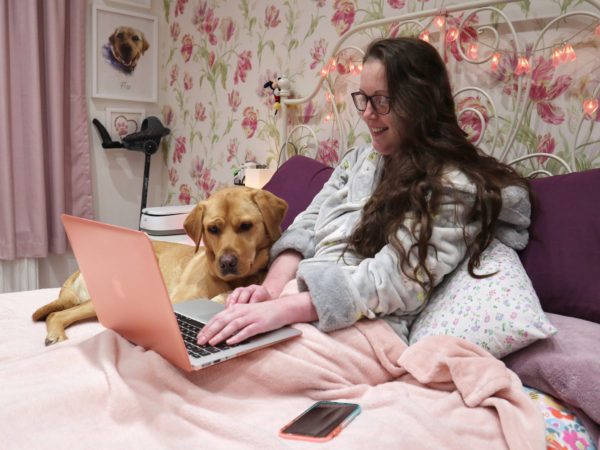
Having a disability provides a unique outlook on life that teaches us to appreciate even the smallest of victories. Something most able-bodied people typically overlooked until the pandemic forced them to alter their mindset. Because of this, there has been a sudden increase in virtual resources and activities to help us find joy from the comfort of our home. It doesn’t matter whether you have a preferred hobby or an occupation; watch a prerecorded concert or take part in a live workout; have a movie marathon or a pamper evening. As long as it’s something you enjoy, it will help you get through those harder moments. Understandably this is sometimes easier said than done, so be sure to take it one day, hour or minute at a time.
How do you manage your mental health when self-isolating?
Please share your tips and advice via the social link below! Finally, for anyone struggling to physically cope with the impact self-isolation is having on their disability, please seek help. Sometimes it may feel like you are fighting a losing battle, but your quality of life is always a battle worth fighting for!

Hi, I'm Lauren and I have been living with a collection of disabilities for the past 8 years. I initially had a passion for teaching children with special needs, but my health prevented me from pursuring my dream career. Despite this, I now love nothing more than sharing my experiences to help other people living with disabilities.
Hi, I’m Lori and was diagnosed with Ehlers Danlos Syndrome and a family of co-morbid conditions which has made life highly complex. However I constantly aim to make life as ‘normal’ and fulfilling as possible - and through this, I discovered the benefits of writing about my journey.
 GET IN TOUCH
GET IN TOUCH


